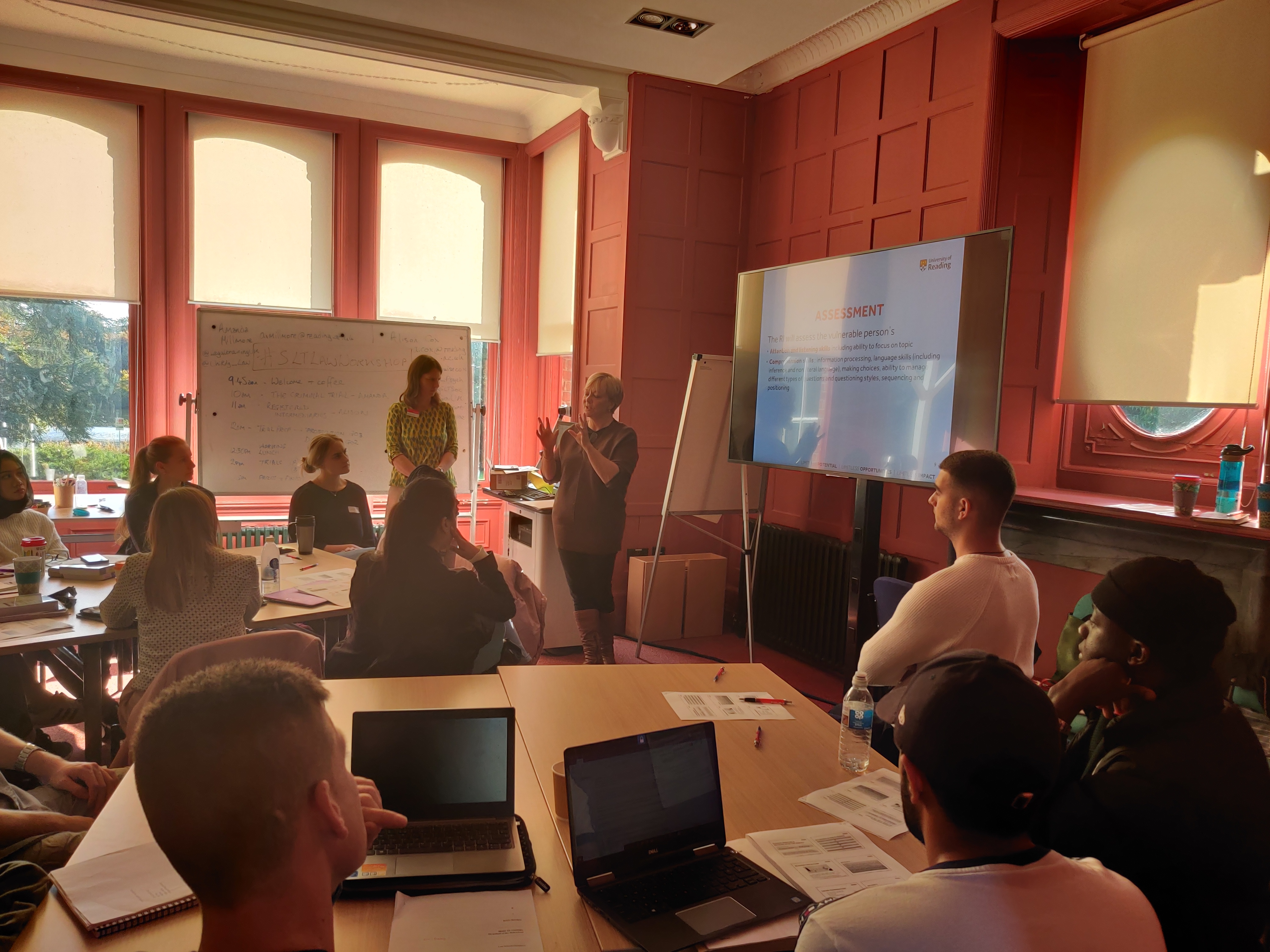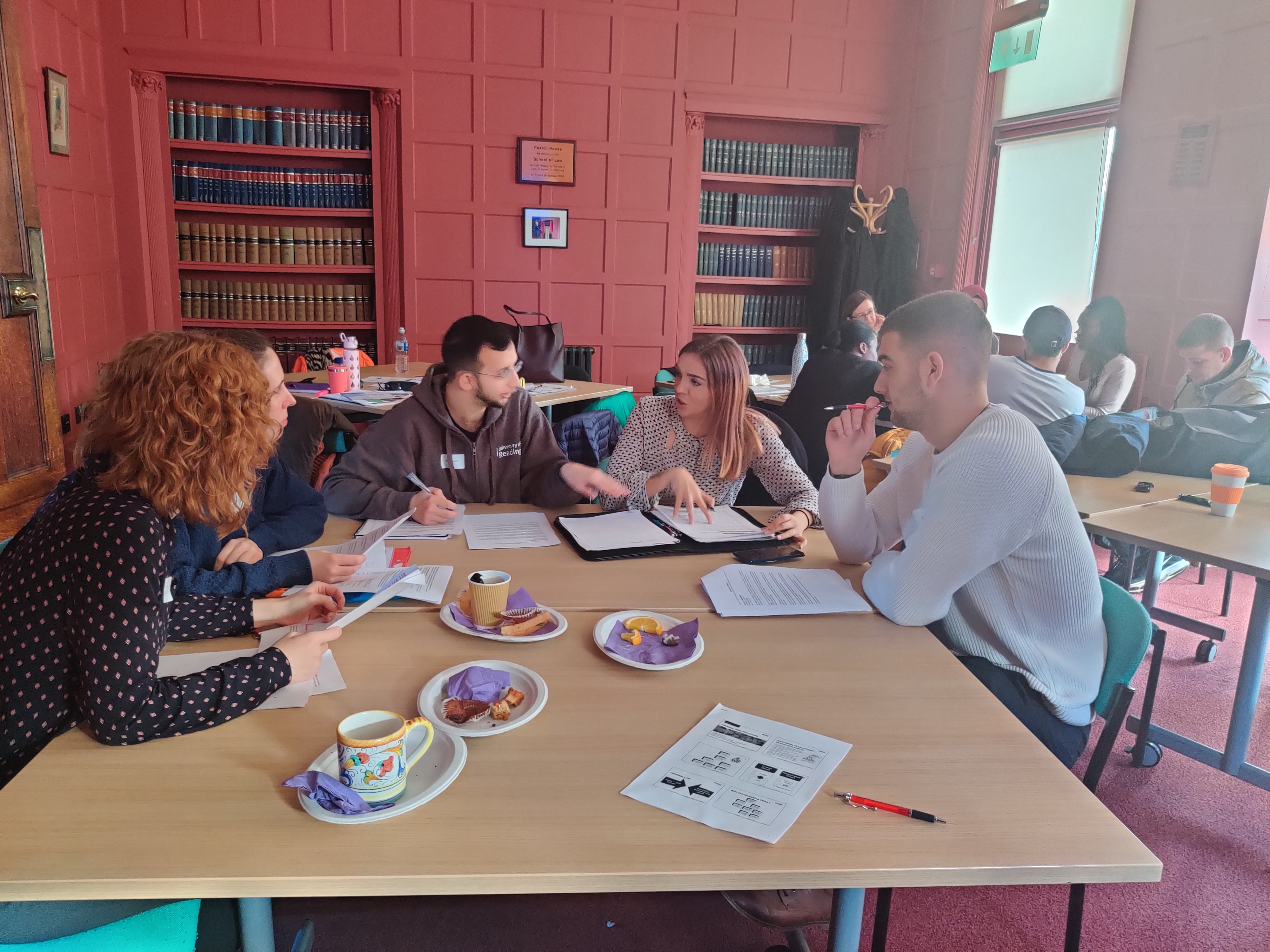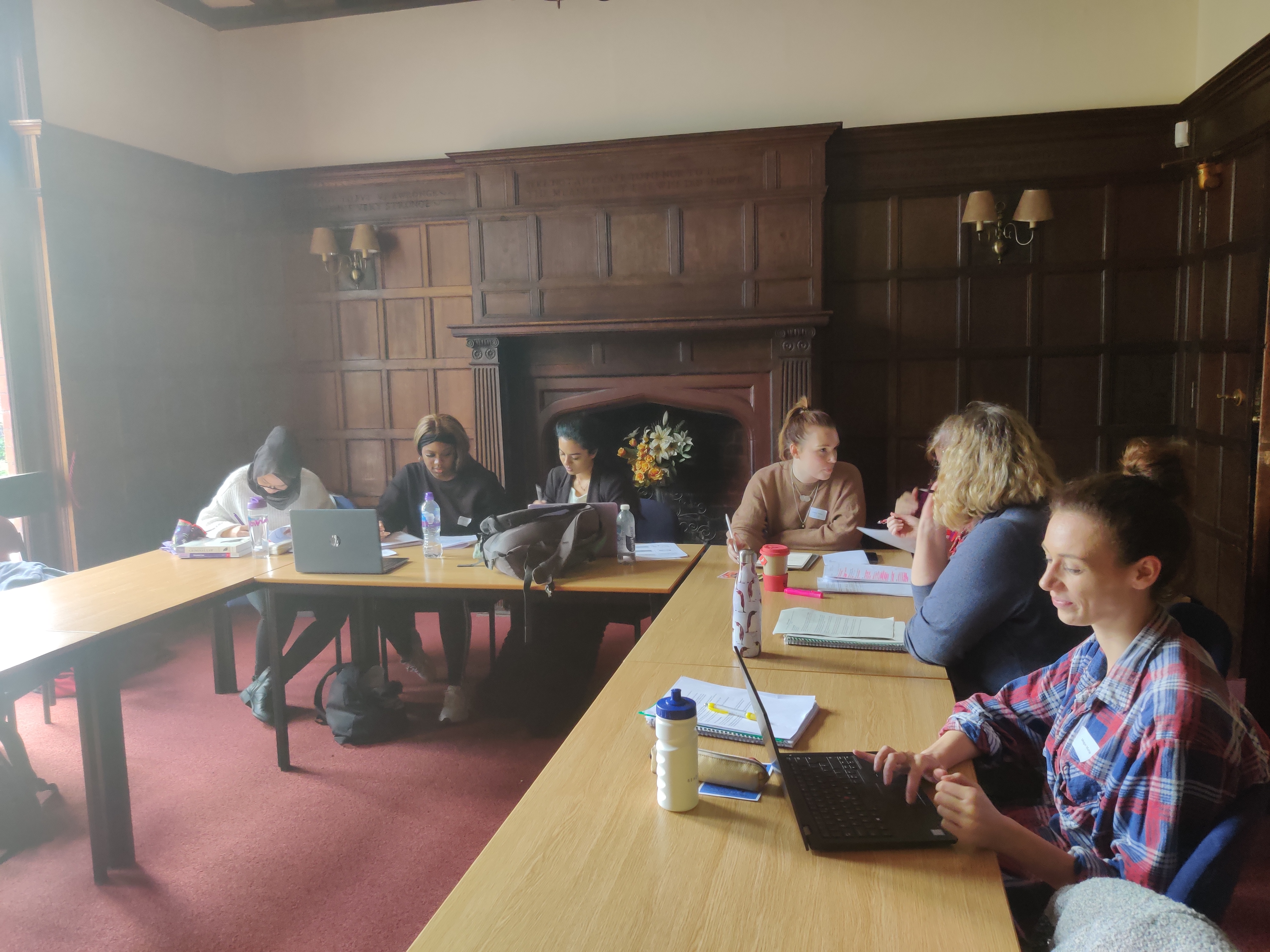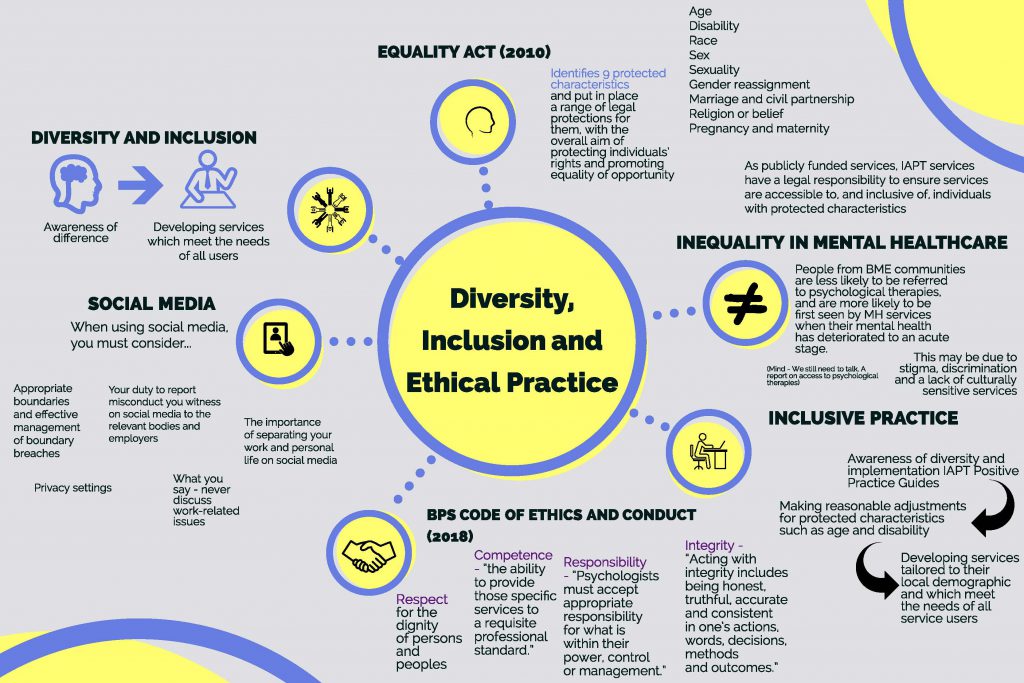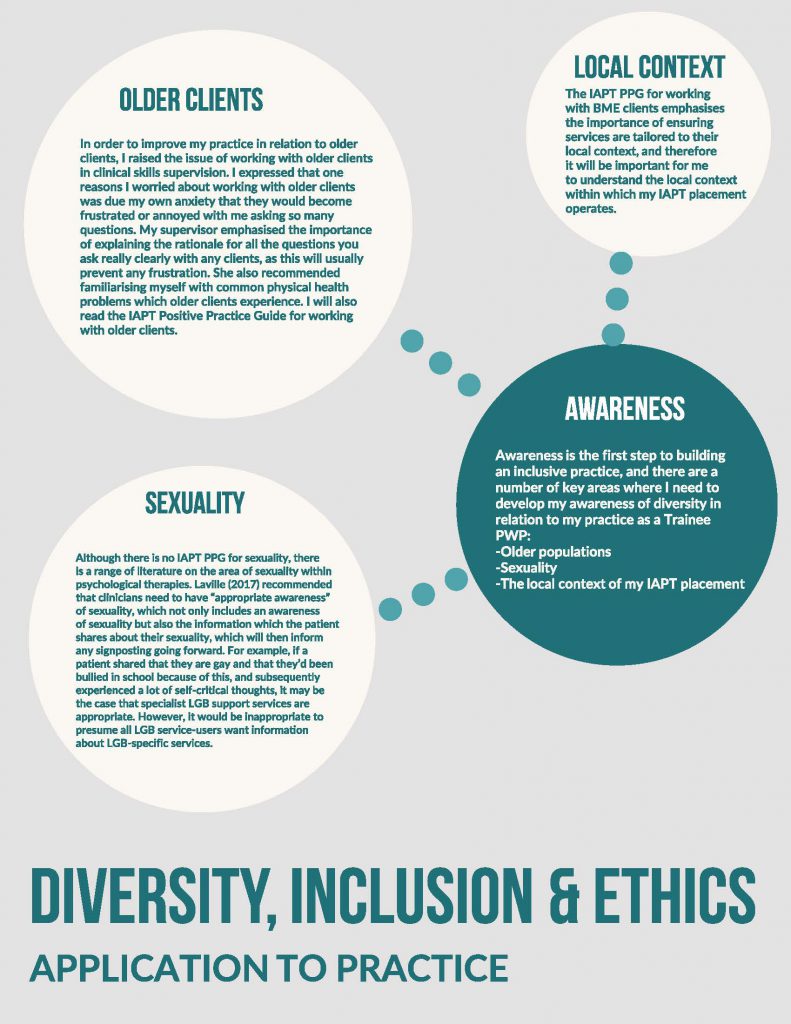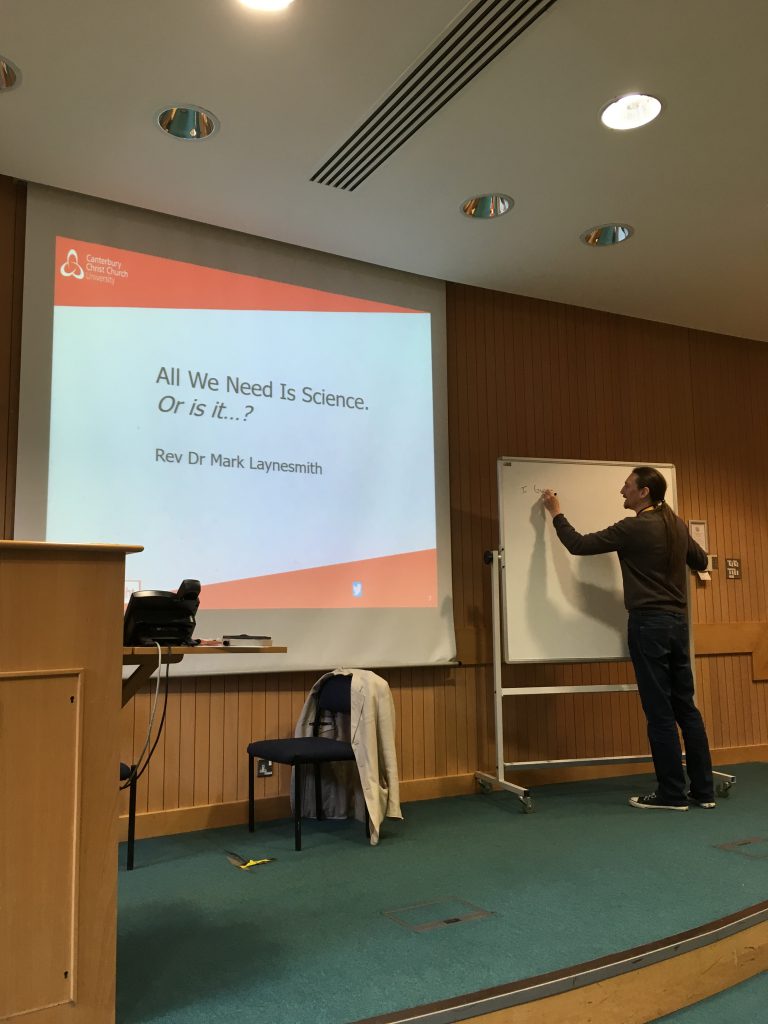 Misconceptions about Flipped Learning
Misconceptions about Flipped Learning
During the COVID-19 pandemic, colleagues in UoR are called to adjust their courses almost overnight from face to face teaching and to fully online ones. As the immediate future is still full of uncertainty, UoR (2020) teaching and learning framework are asking us to be creative in our pedagogical teaching approaches and to come up with strategies that would make courses stimulating and engaging. Flipped learning is one of the approaches suggested in the framework. With that in mind, I have written two articles about flipped learning published here and here.
Flipped learning is a pedagogical approach which comes timely during Covid-19. The advancement of internet technology, online learning platform and social media combined with growing exposure to flipped learning pedagogical approach promote the adoption of flipped learning during this pandemic. However, despite its popularity and published literature about flipped learning, it is evident that there are many misconceptions about it as it remains a somewhat poorly-understood concept among many.
In this last article, I thought I write and share with you some of the misconceptions about flipped learning that I resonate most. At the same time, let us reflect on them and see how we can overcome them if possible. Your feedbacks are always welcome and please do send me your thoughts via w.tew@henley.ac.uk
Misconception 1: Flipped learning is about putting video contents online
Reflection: This can be the most popular format to do flipped learning, but it is NOT about putting videos online and having students do homework in class (or online during this pandemic time). Referring to UoR (2020) Teaching and Learning: Framework for Autumn term 2020, we are encouraged to prepare our teaching and lectures in a video format. This format works well with flipped learning instructional strategy for delivering our teaching contents but flipped learning can be about much more than that. Colleagues can opt for videos or just text (readings) materials if they flip their lessons. For example, we can make good use of BB LMS platform to include online reading materials using talis aspire, journal articles, case studies, news that are relevant for our students. In another word, flipped learning does not necessarily use videos entirely.
Misconception 2: You need to be in the video
Reflection: This is not necessary the case especially so many of us are just shy and ‘unnatural’ in front of the camera, just how I feel for myself. This is why voice recorded PowerPoint format can be a ‘lifesaver’ to many of us. Having said that, having you in the video adds a personal touch to the learning materials for students. For example, wearing different hats when you are filming your videos make it more interesting to ‘draw’ students’ attention to your contents and lessons. Try it, you probably earn a “Mad hatter” title from your students. Just one of my crazy ideas.
Misconception 3: You need to flip your entire module
Reflection: Many of us assume that we need to flip it for our entire module for entire academic year. NOT entirely necessarily so! The whole idea about flipped learning is to foster student-centred learning and teaching can be personalised to suit the students’ needs and learning pace. Therefore, you can flip just one concept or topic, one entire term or some weeks. Remember, the focus is on the students’ learning needs – one size fits all approach definitely does not fits in a flipped learning environment.
Misconception 4: Flipped learning is a fad and people has been doing this for years in the past
Reflection: This is what my initial thought when I first come to know about flipped learning. A fad is defined as “a style, activity, or interest that is very popular for a short period of time”, an innovation that never takes hold. Flipped learning is anything but this. The evidence that it is still actively studied and researched today proves that it is not just a fad. Talbert (2017) argued that flipped learning is not just rebranding of old techniques. Flipped learning has its pedagogical framework and values in its effects on learning. In brief, the definition of flipped learning (refer Flipped Learning Network, 2014) has differentiated it with any learning theories.
Misconception 5: Flipping the classroom takes too much time
Reflection: To be honest, I do think this is true. Preparing for flipped learning and flipping the lessons involve a lot of energy and time. Based on my own experience, I personally can testify that it can take a significant amount of time. This also subjects to how tech-savvy is the teacher and how much of the teaching content needs to be flipped. However, the fruit of the hard labour and time investment, once designed, it will save time. Irony, isn’t it. That’s my experience. What I am trying to show you that once you have it done, you will be able to use the same content over and over again, year after year. Then, any updating and changes to the contents will not take as much time as creating everything from scratch again.
Finally, I hope you enjoy my series of flipped learning published on this platform. I sincerely urge you to consider flipped learning pedagogical approach during this pandemic and please do not hesitate to be in touch to continue this conversation.
References
Flipped Learning Network (FLN). (2014) The Four Pillars of F-L-I-P™ , Reproducible PDF can be found at www.flippedlearning.org/definition.
Talbert, R (2017) Flipped Learning: A Guide for Higher Education Faculty. Stylus Publishing, LLC
UoR (2020) Teaching and Learning: Framework for Autumn term 2020, available at: https://www.reading.ac.uk/web/files/leadershipgroup/autumn-teaching-proposal-v11.pdf
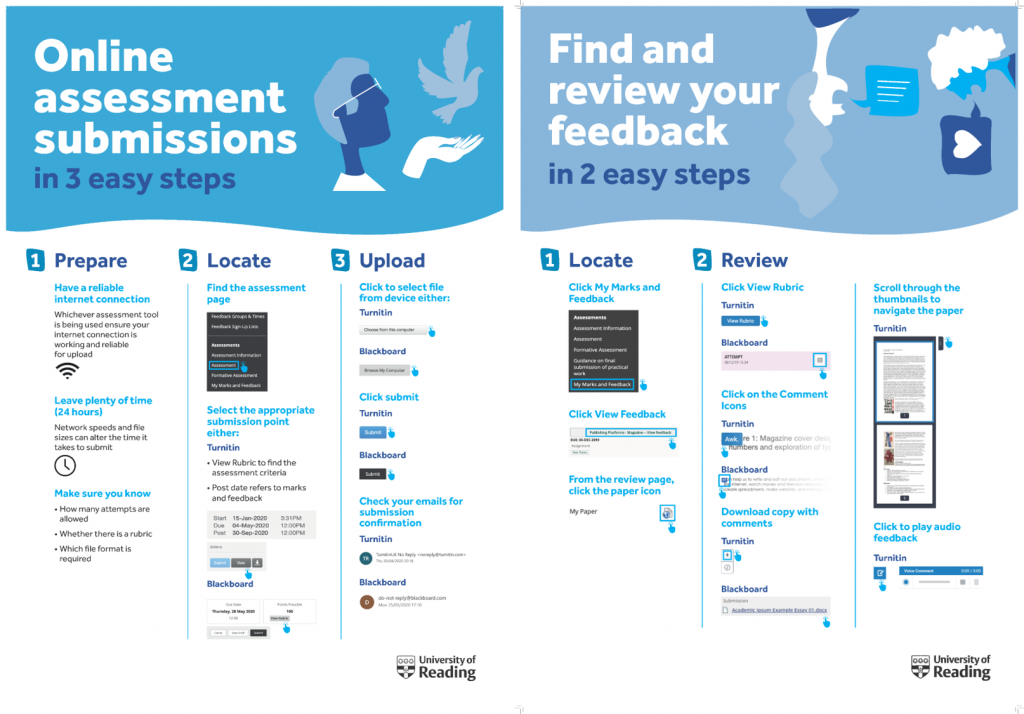 Impact
Impact



